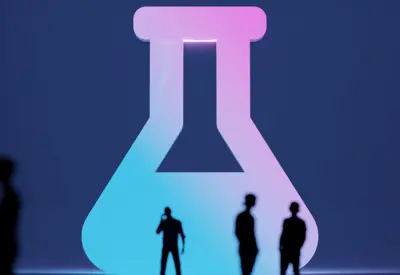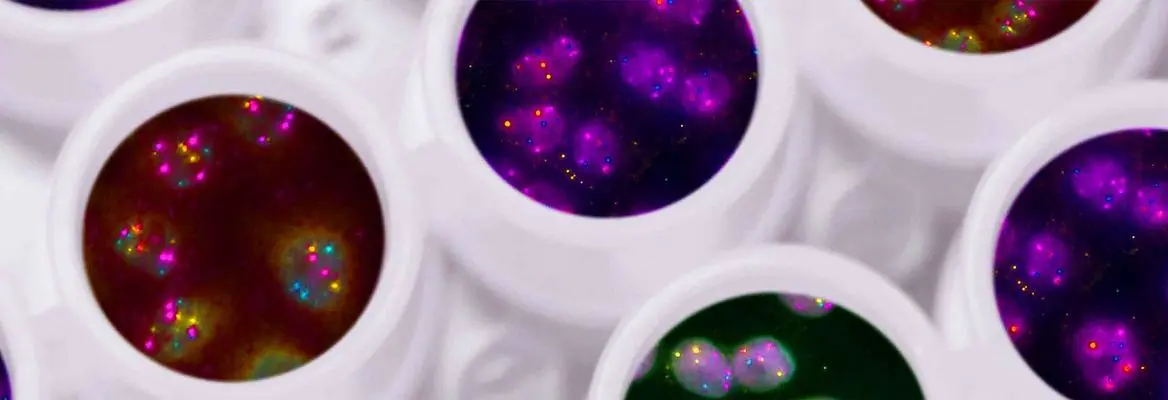To what extent should the distinct environments of scientific knowledge creation and dissemination be free from their implications, and should they have some duty of care to the publics or societies that will be impacted by their research? Melanie Challenger wrangles with the dilemmas of knowledge production, misinterpretation, meaning and objectivity.
We demand a lot from scientists. They are required to be objective, rigorous, and accurate, and to conduct their work free from the constraints of religion or politics. Few other areas of human endeavour are expected to be or valued as being so free from human error. At the same time, scientists are tasked with assessing and considering the potential consequences and applications of their work, and to act responsibly to maintain public trust in their whole system of knowledge. That is a burden that scientists must feel acutely today, as they come under attack from the instruments of misinformation.
 SUGGESTED READING
The dangers of science behind closed doors
By Martin Rees
SUGGESTED READING
The dangers of science behind closed doors
By Martin Rees
So valued is science as an objective arbiter of reality that the freedoms of scientists are seen as a measure of an enlightened society. And yet scientific knowledge has given the world Zyklon B as well as Penicillin. As such, publics often fear science as much as they demand its boons. So, how can we better steer science towards social good? And should scientists be held responsible for the implications of their work?
The risks of prejudiced exploitation of scientific knowledge are increased by a pernicious myth about science that scientists would do well to acknowledge. It is the myth that science is objective and value-free. Conceptualising science as a bias-free form of knowledge gives scientific research a powerful kind of authority. And this characterization is indispensable to those that wish to exploit or weaponize it.
Let’s consider the history of eugenics. Charles Darwin, the central pioneer of evolutionary theory, did not believe that the evolutionary process of natural selection necessarily equalled evolutionary progress. Nor, at the time he wrote On the Origin of Species, did he believe that organisms are comprised of biological essences of lesser or greater quality. Indeed, in his marginalia, he counselled himself never to use ‘higher’ or ‘lower’ in his descriptions of natural fact. Yet Darwin was a product of his time, and espoused condescending and outright prejudiced ideas about fellow humans and their lifeways that are shocking to us today. And his defensive follow-up, The Descent of Man, gave a scientific gloss to the ideas of those with more overtly racist agendas.
___
Every stage of the scientific process, from study choices to who receives funding, involves value judgements.
___
The field of eugenics, founded by his cousin, Francis Galton, applied natural selection to society, and asserted that humans should be perfected through the control of their reproductive behaviours. Galton and his contemporaries suggested that there are “more suitable races or strains of blood,” and to improve society, we should apply science to increase the prevalence of these “more suitable races.”
By the turn of the twentieth century, eugenics societies began cropping up around the world, including the Eugenics Education Society, founded in 1907, and supported by no less than two British prime ministers (Churchill and Chamberlain), to exploit the science of heredity for greater “responsibility” in human parenthood. Two-thirds of the members of the EES were scientists.





















Join the conversation